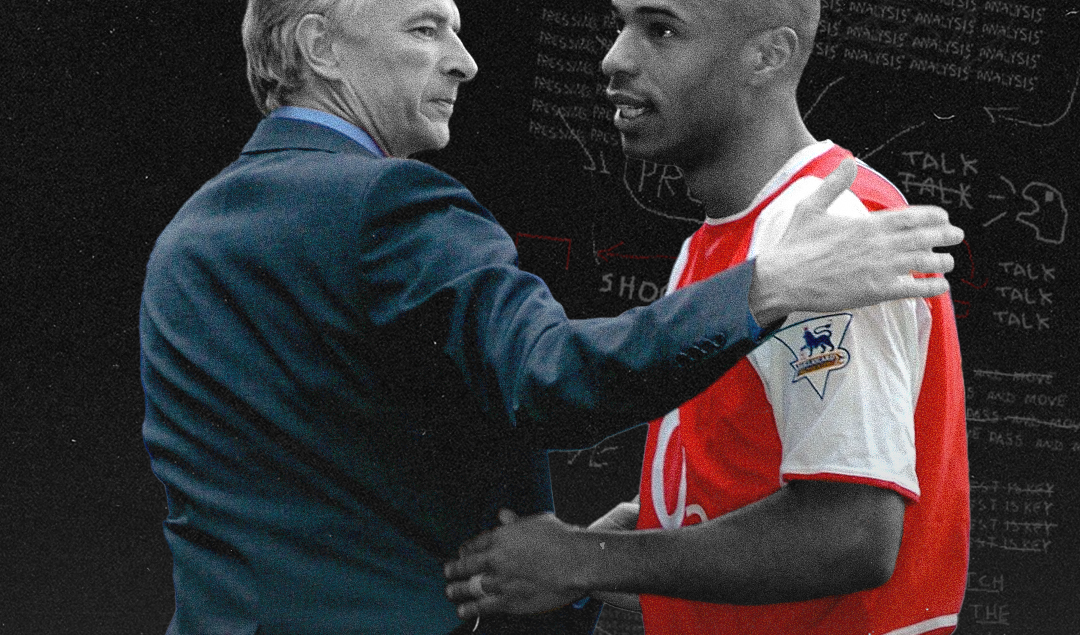The One That Got Away: Arsenal’s Brush with Champions League Glory
Ah, Arsenal in the mid-2000s. They were still reeling from the invincible glow of 2004, that undefeated Premier League campaign, which by all rights should have put them on the pedestal forever. But then came 2006, and the team’s European ambitions were all but whispering to be fulfilled. After all, Arsenal’s reputation as domestic titans was never in doubt, but their European credentials were another matter entirely.
The road to the final wasn’t without its dramas, of course. They made history by going ten consecutive matches without conceding a single goal—something of a miracle, given Arsenal’s longstanding habit of treating defensive stability as something of a loose suggestion. But there they were, having seen off the likes of Real Madrid, Juventus, and Villarreal on their way to a showdown in Paris against the mighty Barcelona.
And with Arsenal’s current resurgence, there’s a familiar sense of optimism among the red half of North London. Naturally, there are those trying their luck with a Betway login, wagering with all the misplaced enthusiasm of people who believe this season, finally, is the one where Arsenal conquers Europe. Whether this faith will be rewarded remains to be seen, but if 2006 is anything to go by, the Gunners’ luck on the grandest stage has always been fragile at best.
The Night of Heartbreak
May 17, 2006. The Stade de France in Paris. Arsenal fans clung to their red-and-white scarves as though they were prayer beads. The evening began with a cruel twist of fate when goalkeeper Jens Lehmann was sent off in the 18th minute for clattering into Samuel Eto’o. A perfectly valid red card, but still, one couldn’t help but feel the footballing gods were being unnecessarily harsh.
Reduced to ten men, Arsenal somehow drew strength from their misfortune. Sol Campbell’s headed goal in the 37th minute was met with the kind of disbelieving ecstasy that could power a small village. There they were, ten men fighting against a Barcelona side featuring Ronaldinho, Eto’o, and the young maestro, Lionel Messi—although the latter was mercifully confined to the bench through injury.
For much of the match, it seemed Arsenal might pull off the impossible. The defence held firm, like a determined child refusing to share its sweets. Thierry Henry, at his majestic peak, had chances to double the lead but couldn’t quite find the finishing touch. And then came the inevitable. Barcelona, always circling like a particularly cultured vulture, found their opening. Eto’o scored the equaliser in the 76th minute, and not long after, Juliano Belletti slotted home the winner.
The final whistle blew, and Arsenal’s European dream crumbled into dust. It was a particularly bitter pill to swallow for a team that had defied the odds all tournament long.
Wenger’s Unfulfilled Dream
Arsène Wenger, Arsenal’s cerebral, occasionally cantankerous manager, was left to rue his luck. To this day, the 2006 final remains the closest he ever came to securing Europe’s most coveted prize. His Arsenal sides would continue to thrill and frustrate in equal measure over the years, but that one glorious night in Paris would remain the high watermark of their Champions League adventures.
The tragedy of it all, if one can use so dramatic a term, is that the team that reached the final was already being unpicked by the invisible hand of football’s financial realities. Patrick Vieira had departed the previous summer. Robert Pires, whose substitution in the wake of Lehmann’s red card remains a sore spot for many, would soon follow. And while the club continued to make a decent showing in Europe from time to time, they never again came quite so close.
Still, Arsenal’s fans remain a hopeful bunch. Particularly now, with Mikel Arteta’s modern-day revival giving them cause to believe that Champions League glory is not an impossible dream but rather an overdue one. The lessons of 2006, however painful, remain part of the club’s mythology. The desire to erase that particular heartbreak has only grown stronger with the years.
Lessons from Paris
If nothing else, the 2006 final was a testament to Arsenal’s resilience. That Wenger’s side even managed to score, much less take the lead, with ten men against one of the most formidable teams of the era was an achievement in itself. But resilience alone doesn’t bring you silverware, and Arsenal’s long-standing struggle to find the perfect balance between defensive solidity and attacking brilliance has been a saga in its own right.
The optimists will say that 2006 was merely a rehearsal, a dress run for a glorious European triumph still to come. The pessimists will mutter something about the club’s tendency to squander its best chances, the occasional brilliant season giving way to familiar frustrations. And then there are the pragmatists who will point out that, as close as Arsenal came to immortality that night in Paris, Barcelona had simply been the better team.
But still, the yearning remains. Arsenal’s fans, loyal to a fault, continue to hope that one day, the club will take that final step. And should they finally lift the trophy, the memory of 2006 will no doubt be part of the narrative, a tale of heartbreak turned into triumph.
